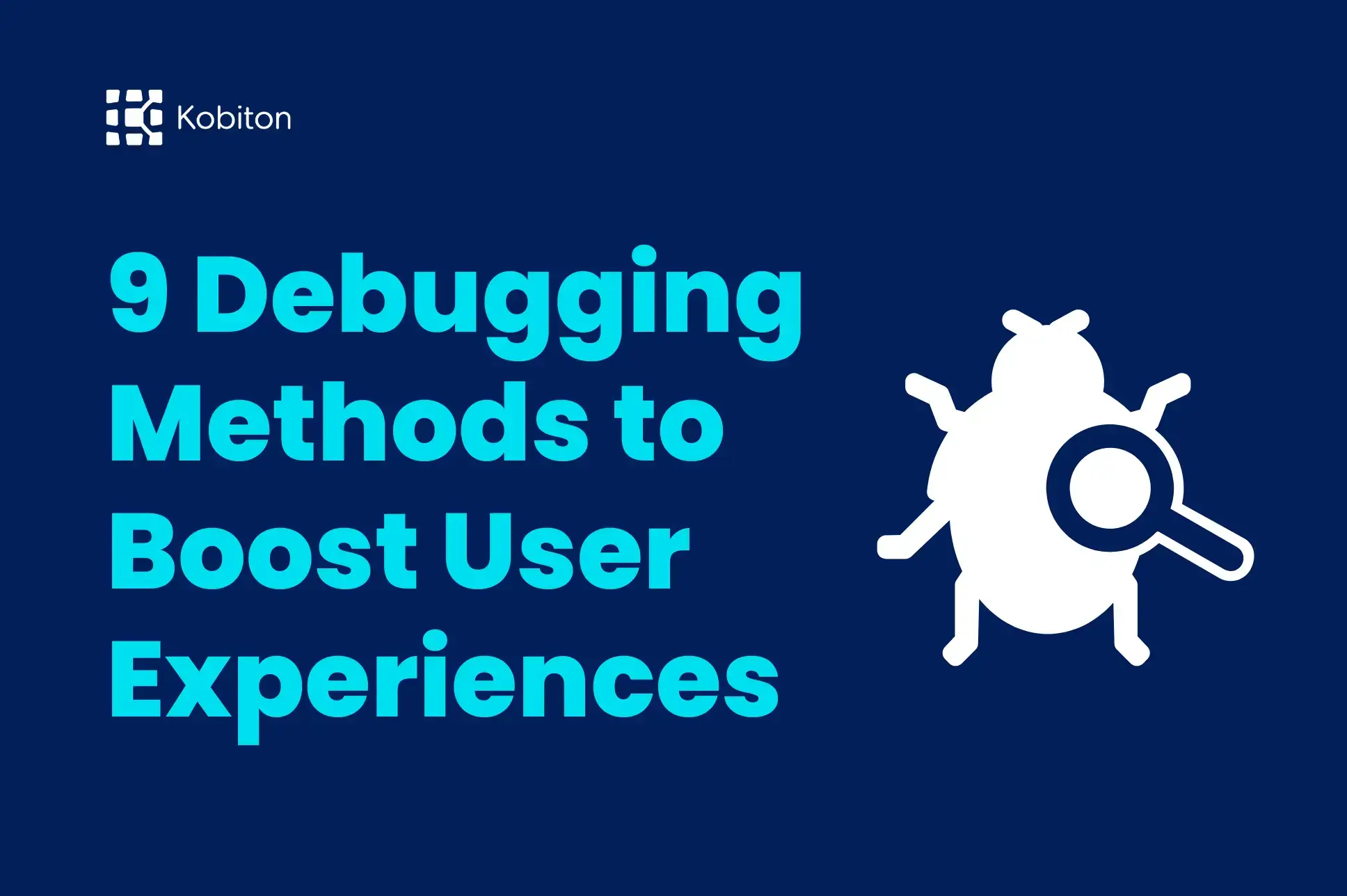
9 Debugging Methods to Boost User Experiences

Cara Suarez
Cloud mobile app testing involves leveraging cloud-based platforms to test mobile applications across a variety of devices, operating systems, and network conditions. This approach eliminates the need for extensive physical infrastructure and provides a scalable solution that can adapt to the needs of different projects.
With cloud mobile testing, developers and testers can access a wide range of devices and configurations on-demand, ensuring comprehensive coverage and accurate testing results. This method not only speeds up the testing process but also enhances the reliability and consistency of the outcomes.

Cloud-based mobile app testing offers a trifecta of cost savings, scalability, and realistic simulation capabilities that traditional testing environments struggle to match. By leveraging the cloud, organizations can enhance their testing processes, improve collaboration, and accelerate their development cycles, ultimately delivering higher quality mobile applications to the market faster and more efficiently.
Cloud testing platforms facilitate better collaboration among geographically dispersed teams. Testers and developers can access the same testing environment regardless of their physical location, enabling real-time collaboration and faster issue resolution.
Furthermore, cloud-based solutions often come with integrated tools for communication, bug tracking, and version control, streamlining the entire testing process. This integrated approach not only enhances efficiency but also ensures that all team members are on the same page, reducing the risk of miscommunication and errors.
When it comes to cloud mobile app testing, Kobiton is the ideal solution. Its mobile device cloud offers unmatched flexibility and comprehensive support for both manual and automated testing. With cloud deployment, Kobiton ensures you have the setup that best suits your organization’s needs. This flexibility, combined with faster and easier collaboration among teams, makes Kobiton stand out in the mobile testing space

Kobiton’s platform goes beyond just testing – it offers real-time device access, AI-driven automation, and deep analytics that allow developers and testers to quickly identify and resolve issues. The platform integrates seamlessly with leading CI/CD tools, enhancing the workflow for teams looking to streamline their release process.
By focusing on mobile-specific challenges, such as performance testing across various devices and network conditions, Kobiton ensures a flawless user experience. These features, along with real-device testing, comprehensive test automation, and detailed reporting, position Kobiton as the premier choice for organizations aiming to improve their mobile app quality.
To successfully implement cloud mobile app testing, it is essential to start with a clear testing strategy that outlines the objectives, scope, and key performance indicators. This strategy should be aligned with the overall project goals to ensure that testing efforts contribute to the desired outcomes.
Prioritizing security and data privacy ensures that your chosen cloud provider complies with industry standards and regulations to protect sensitive data. Additionally, regular audits and monitoring can help identify and mitigate potential security risks. Following industry-standard best practices not only improves security but also enhances overall testing efficiency, scalability, and performance.
To successfully implement cloud mobile app testing, it’s crucial to begin by researching available solutions that align with your needs. Start by determining the key features required in your testing platform, such as support for real devices, cross-platform compatibility, manual and automated testing options, and flexibility in deployment (cloud, on-premises, or hybrid). Ensuring that your solution provides real-time device access, network condition simulation, and integration with your CI/CD pipelines will also play a vital role in streamlining your testing process.
Here are some best practices to follow when implementing cloud mobile app testing:
By adhering to these best practices, you’ll be able to optimize your mobile app testing strategy, ensuring higher app quality, faster release cycles, and a more secure environment for user data.
